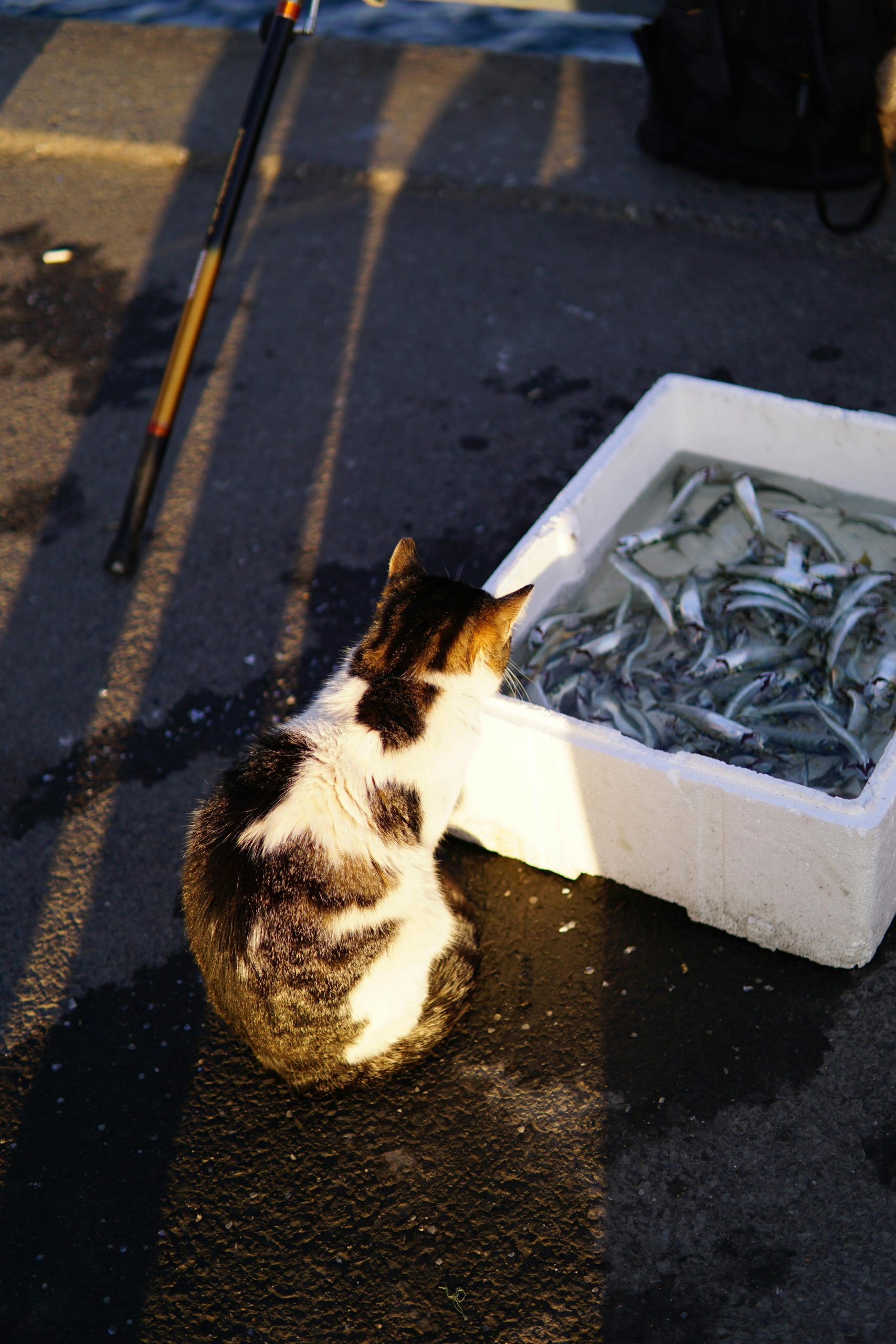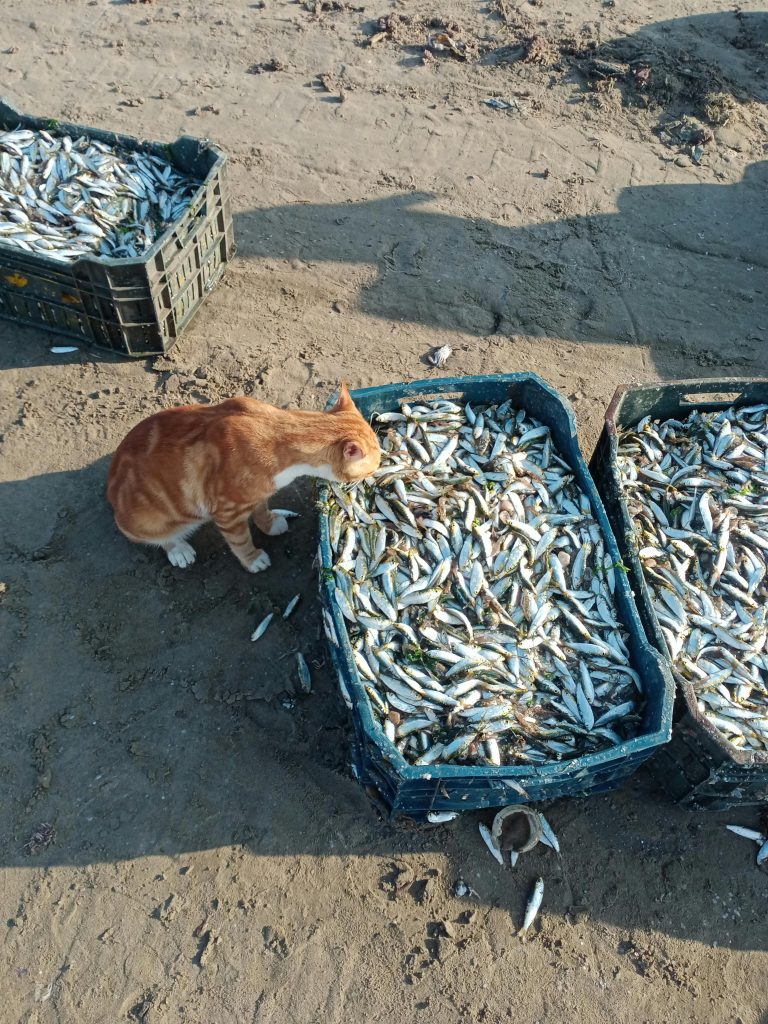We’ve all been there: reaching for a tin of tuna when wanting to spoil our feline friends. But is fish actually good for cats, or a fast track to a hefty vet bill? We asked Joburg-based vet Dr Micaela Pather to set the record straight.
Which fish is healthier for cats?
Fish are packed with protein and Omega-3s, but not all species are safe for cats. Some species have risky amounts of harmful substances like mercury and parasites.
I would place Salmon, Mackerel, and Hake in the top three, and Tuna in last place,” says Dr Pather. “You need to be aware of Tuna’s mercury content, which is very harmful for cats (and humans).”
Dr Pather explains that sticking with Salmon and Mackerel is a safer bet, with Hake being a good fish if your cat is prone to having a sensitive stomach. Additionally, if your cat is somewhat of a picky eater, feeding it a good teaspoon of fish with its food, especially wet food, can help entice your cat.
Tinned fish: Brine, oil, or neither?
Your best bet is to use brined fish, as tinned fish in oil is very high in fats, which, when fed in regular amounts, can be harmful to cats and dogs alike (potentially causing pancreatitis). Additionally, avoid tinned fish in sauces or those that have been seasoned or spiced, which could cause an upset tummy or allergic reaction.
Dr Pather makes an important note, “Remember to rinse off brined fish, to rid of excess sodium, seasonings, and preservatives.”
How much is too much?
Less is more. Fish should never replace your cats’s main diet,” advises Dr Pather. “Fish should rather be given as a special treat, once a week at the most.”
She warns that cats with fish-only diets lack the well-balanced diet that pellets and wet foods offer. A common deficiency she’s noticed in cats coming to the clinic is Taurine deficiency. Taurine is an essential amino acid that cats must obtain through their diet, as their bodies cannot produce enough of it. The amino acid plays a crucial role in heart and vision development, digestion, and maintaining a healthy immune system. A deficiency can lead to serious health problems like retinal degeneration and a heart condition known as dilated cardiomyopathy (DCM).
Feeding your cat a teaspoon or two of fish, once a week, is a great treat and boost of protein and Omega-3s.
What about fish bones?
Similar to dogs, bones are a cat’s worst enemy.
Bones are very harmful to a cat’s digestive tract. Even the tiniest bones can get lodged in their oesophagus or along their intestines, potentially puncturing these areas, causing severe long-term damage and even death,” says Dr Pather.
When feeding fish to your cats, take the time to debone them as much as possible.

Raw vs. cooked fish
Dr Pather strongly advises feeding cats cooked fish only, never raw.
Feeding your cat raw fish can expose it to potentially high levels of parasites and mercury, which can prove to be fatal in the long term. Rather safe than sorry, feed your cats cooked fish,” advises Dr Pather.
If using fresh fish, baking, steaming, or poaching it in plain water are healthy and safe cooking techniques to use. Avoid spicing, seasoning, and frying fish as this can cause upset tummies, allergies, and other serious conditions like pancreatitis.
Fish can be a delicious, protein-rich treat, but it’s not an everyday food. Keep it occasional, keep it safe, and when in doubt, check with your vet. Your cat will thank you, with purrs, not problems.

